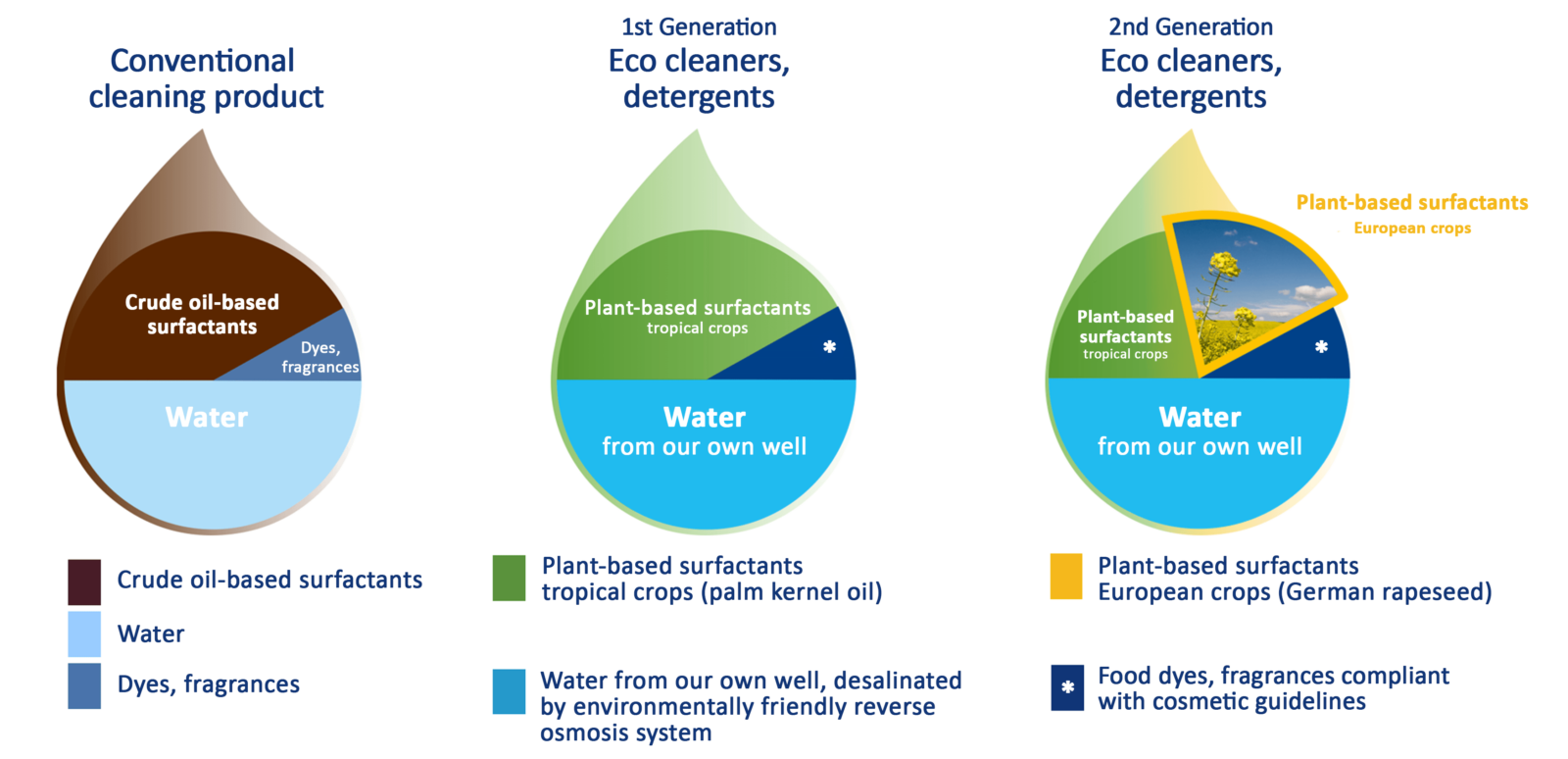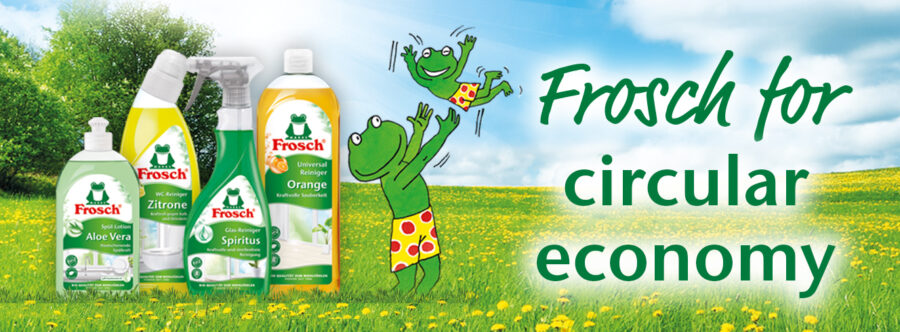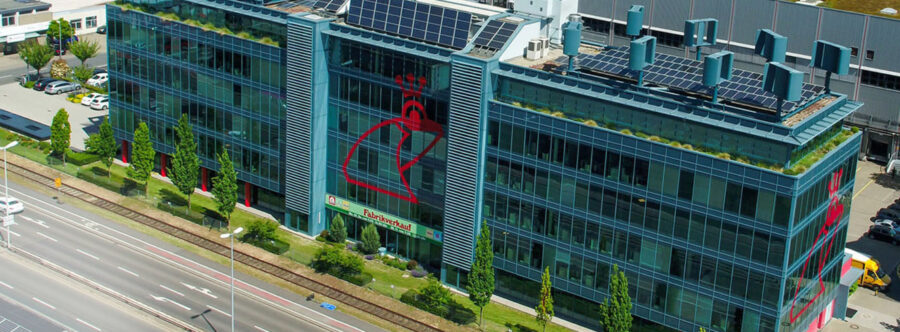Our European Surfactants Initiative
Our company has always used natural ingredients such as vinegar, lemon and soda (natron) in our products. A large portion of our cleaning products consists of wash-active substances called “surfactants.” They cause grease and grime to dissolve in water during washing or cleaning processes.
Conventional cleaning agents often contain surfactants made from petroleum. Sustainable cleaners, however, contain surfactants made from regenerative raw materials, that is, renewable plant-based sources.

European Oil-producing Plants
In addition to using petroleum, market participants have produced surfactants from mostly tropical palm kernel oil and, to a lesser extent, coconut oil. However, the conventional, non-sustainable cultivation of tropical oils destroys the rainforest’s biodiversity in the long term and even the rainforest itself, the green lungs of the Earth.
For the sake of biodiversity, Werner & Mertz continuously increases the share of surfactants based on European oil plants such as rapeseed, olive, linseed and sunflowers and uses sustainable tropical oils. Rapeseed and sunflower oils come from Germany, Poland and France; linseed oil from France and Belgium; and olive oil from southern Europe, i.e., Spain, Italy and Greece. None of the oils used competes with food production.
Many benefits from surfactants made with European oil plants
- Save energy and avoid emissions (transport within Europe)
- Use European oil-producing plants without impairing food production
- Restore fields with rapeseed cultivation
- Foster biodiversity with European oil-producing plants
The composition of vegetable oils from temperate climate zones, however, differs from tropical oils. Surfactants based on oil-bearing seeds from temperate zones cannot achieve the same effect when they replace tropical oils 1:1 in formulas for household cleaning and personal care products. The use of native oils requires investment in research and development.
In our ambitious project “European Surfactants Initiative,” we are avidly researching the feasibility of obtaining surfactants from European oil plants. In addition to surfactants based on European oils, we also use surfactants based on palm kernel oil and coconut oil in our formulas. We support the Roundtable on Sustainable Palm Oil (RSPO) and the sustainable cultivation of palm oil.






